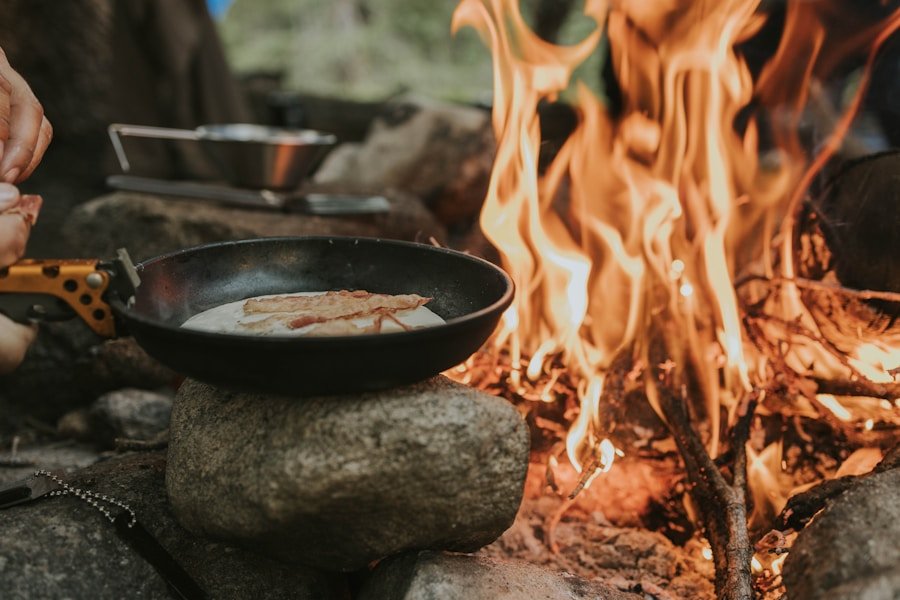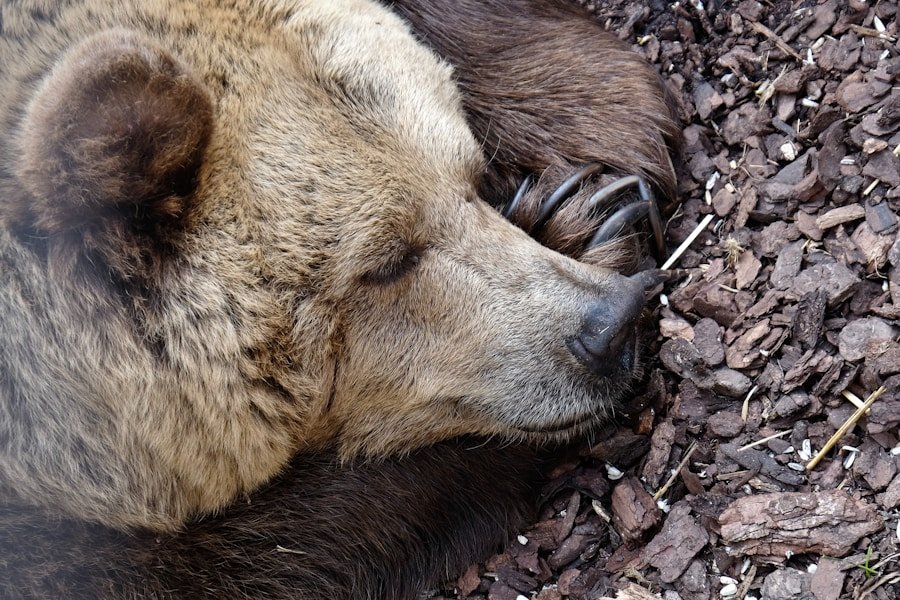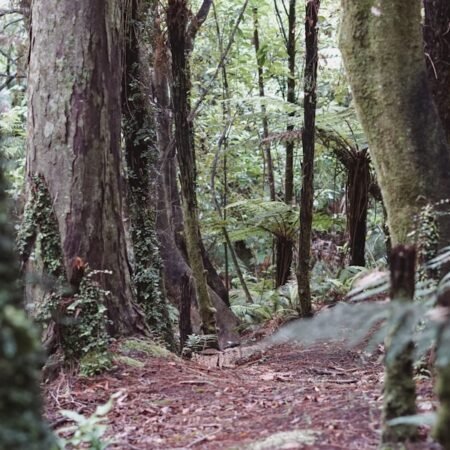When venturing into the wilderness, campers must possess crucial survival skills to guarantee their safety and well-being. The ability to start a fire is a fundamental skill, as it provides warmth, light, and a means to cook food. Campers should be able to build a fire using natural materials found in the wild, a vital skill for survival.
Additionally, they should be proficient in finding and purifying water, as access to clean water sources may be limited. Knowing how to locate and purify water is essential for staying hydrated and preventing waterborne illnesses. Furthermore, campers must be able to navigate and find their way in the wild, avoiding getting lost.
They should be skilled in using a map and compass, as well as identifying natural landmarks to navigate through the wilderness. Moreover, campers should be knowledgeable about identifying edible plants and wildlife. Accurately distinguishing between edible and poisonous plants is critical, as it can mean the difference between sustenance and illness.
Similarly, knowing how to safely hunt and prepare wildlife for consumption is a vital survival skill. Lastly, campers should have a basic understanding of first aid and emergency preparedness to handle injuries and unexpected situations in the wild. They should be equipped with a first aid kit and know how to administer basic first aid for common outdoor injuries, such as cuts, burns, and sprains.
By possessing these essential survival skills, campers can ensure their safety and well-being in the wilderness.
Key Takeaways
- Always let someone know your plans before heading into the wilderness and carry a map and compass for navigation.
- Learn how to build a shelter and start a fire using natural materials to keep warm and dry in the outdoors.
- Understand the importance of finding and purifying water sources to stay hydrated and healthy while camping.
- Familiarize yourself with edible plants and wildlife to supplement your food supply in the wilderness.
- Be prepared for emergencies with a well-stocked first aid kit and knowledge of basic first aid techniques.
Understanding Wilderness Safety
Coexisting with Wildlife
Campers should familiarize themselves with the local wildlife and know how to safely coexist with animals in their natural habitat. This includes understanding how to avoid encounters with wildlife, what to do in case of an encounter, and how to protect themselves from potential threats.
Preparing for Extreme Weather Conditions
Being prepared for extreme weather conditions such as thunderstorms, snowstorms, or heatwaves is essential for staying safe in the wild. Campers should pack appropriate clothing and gear to protect themselves from the elements and know how to seek shelter in case of severe weather.
Responding to Natural Disasters and Other Hazards
Understanding how to respond to natural disasters such as floods, earthquakes, or wildfires is crucial for wilderness safety. Campers should be aware of evacuation routes and emergency protocols in the event of a natural disaster. Additionally, being mindful of potential hazards such as falling rocks, unstable terrain, or poisonous plants can help prevent accidents and injuries in the wilderness. By understanding wilderness safety and being prepared for potential hazards, campers can ensure a safe and enjoyable outdoor experience.
Navigating and Finding Your Way in the Wild
Navigating and finding one’s way in the wild is an essential survival skill for campers. Whether hiking through dense forests or traversing open plains, knowing how to navigate using a map and compass is crucial for avoiding getting lost. Campers should familiarize themselves with topographic maps and understand how to use a compass to determine direction and distance.
Additionally, being able to identify natural landmarks such as mountains, rivers, or rock formations can help campers orient themselves in the wilderness. In addition to traditional navigation methods, campers can also utilize modern technology such as GPS devices or smartphone apps to aid in navigation. However, it is important for campers to have a backup plan in case these devices fail or lose signal in remote areas.
Furthermore, leaving a detailed itinerary with a trusted individual and carrying a whistle or signaling device can help rescuers locate lost campers in case of an emergency. By honing their navigation skills and being prepared with the necessary tools, campers can confidently navigate their way through the wild and avoid getting lost.
Building Shelter and Fire in the Outdoors
| Skill | Description |
|---|---|
| Building a Shelter | Learn how to construct a shelter using natural materials to protect yourself from the elements. |
| Starting a Fire | Master the art of starting a fire using various methods such as friction, flint and steel, or fire starters. |
| Finding and Purifying Water | Understand how to locate water sources and purify the water to make it safe for consumption. |
| Navigation | Develop skills in using a map and compass to navigate through the wilderness and find your way back to safety. |
| First Aid | Learn basic first aid techniques to treat injuries and illnesses that may occur in the wild. |
Building shelter and fire in the outdoors is a fundamental survival skill for campers. In the wilderness, having a shelter can provide protection from the elements and a sense of security. Campers should be proficient in constructing various types of shelters using natural materials such as branches, leaves, and tarpaulin.
Additionally, knowing how to build a fire is essential for warmth, cooking food, and signaling for help in case of an emergency. Campers should be familiar with different fire-starting methods such as using friction, flint and steel, or fire starters. Furthermore, understanding fire safety principles such as clearing the area around the fire pit, keeping a supply of water nearby, and properly extinguishing the fire is crucial for preventing wildfires in the wilderness.
Campers should also be mindful of local regulations regarding open fires and obtain any necessary permits before starting a fire. By mastering the skills of building shelter and fire in the outdoors, campers can create a safe and comfortable environment during their outdoor adventures.
Finding and Purifying Water in the Wilderness
Finding and purifying water in the wilderness is an essential survival skill for campers. In the absence of clean water sources, knowing how to locate and purify water is vital for hydration and preventing waterborne illnesses. Campers should be knowledgeable about identifying potential water sources such as rivers, streams, or natural springs.
However, it is important to exercise caution when consuming untreated water from these sources as it may contain harmful bacteria or parasites. To ensure safe drinking water, campers should be proficient in various water purification methods such as boiling, chemical treatment, or using portable water filters. Additionally, carrying a supply of water or knowing how to collect rainwater can provide a backup source of hydration in case of emergency.
By mastering the skills of finding and purifying water in the wilderness, campers can stay hydrated and healthy during their outdoor excursions.
Identifying Edible Plants and Wildlife
Familiarizing with Edible Plants
Campers should acquaint themselves with common edible plants found in the wild, such as berries, nuts, and leafy greens. These natural resources can provide essential nutrition while camping.
Hunting and Preparing Wildlife
Knowing how to safely hunt and prepare wildlife for consumption is crucial for obtaining protein in the wilderness. However, campers must exercise caution when foraging for wild edibles, as some plants may be toxic if consumed in large quantities or prepared incorrectly.
Respecting Wildlife Conservation
It is essential for campers to be mindful of local regulations regarding hunting and fishing, respecting wildlife conservation efforts and preserving natural ecosystems. By doing so, campers can ensure a sustainable coexistence with the environment. By honing their skills in identifying edible plants and wildlife, campers can supplement their food supply with natural resources found in the wild.
First Aid and Emergency Preparedness for Campers
Having a basic understanding of first aid and emergency preparedness is essential for handling injuries and unexpected situations in the wild. Campers should be equipped with a first aid kit containing essential supplies such as bandages, antiseptic ointment, pain relievers, and medical tape. Additionally, knowing how to administer basic first aid for common outdoor injuries such as cuts, burns, insect bites, or sprains is crucial for providing immediate care until professional help is available.
Furthermore, being prepared for emergencies such as getting lost, encountering wildlife, or sustaining severe injuries is essential for wilderness safety. Campers should carry emergency supplies such as a whistle, signaling device, flashlight, extra food and water, and a space blanket to stay warm in case of an unexpected overnight stay in the wilderness. Additionally, having a basic understanding of wilderness survival techniques such as building shelters, starting fires, finding water sources, and navigating through the wild can help campers stay calm and resourceful during emergencies.
In conclusion, possessing essential survival skills and understanding wilderness safety are crucial for ensuring the safety and well-being of campers in the wild. By honing their skills in navigating through the wilderness, building shelter and fire, finding and purifying water sources, identifying edible plants and wildlife, as well as being prepared for emergencies with first aid knowledge and emergency supplies, campers can confidently embark on outdoor adventures while staying safe and prepared for any situation that may arise. With proper preparation and knowledge of essential survival skills, campers can enjoy the beauty of nature while staying safe in the wild.
FAQs
What are the top survival skills every camper should know?
Some of the top survival skills every camper should know include building a shelter, starting a fire, finding and purifying water, signaling for help, and navigating using a map and compass.
Why is it important to know survival skills when camping in the wild?
Knowing survival skills when camping in the wild is important because it can help campers stay safe and potentially save their lives in emergency situations. These skills can also provide a sense of confidence and self-reliance while enjoying the outdoors.
How can campers learn and practice survival skills?
Campers can learn and practice survival skills through hands-on experience, taking wilderness survival courses, reading books and online resources, and practicing in a controlled environment before venturing into the wild.
What should campers do if they get lost in the wilderness?
If campers get lost in the wilderness, they should stay calm, assess their surroundings, and try to retrace their steps. If unable to find their way back, they should find or build a shelter, signal for help, and conserve their resources while waiting for rescue.
What are some essential items to carry for wilderness survival?
Some essential items to carry for wilderness survival include a first aid kit, a multi-tool, a fire starter, a map and compass, a signaling device, water purification tablets, and high-energy snacks. These items can help campers address basic survival needs in the wild.













